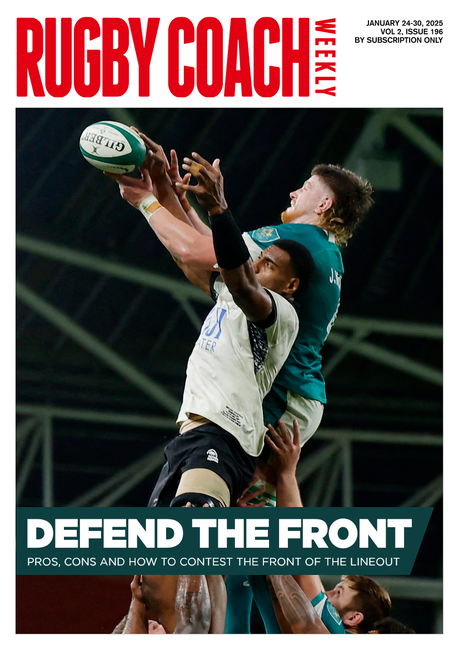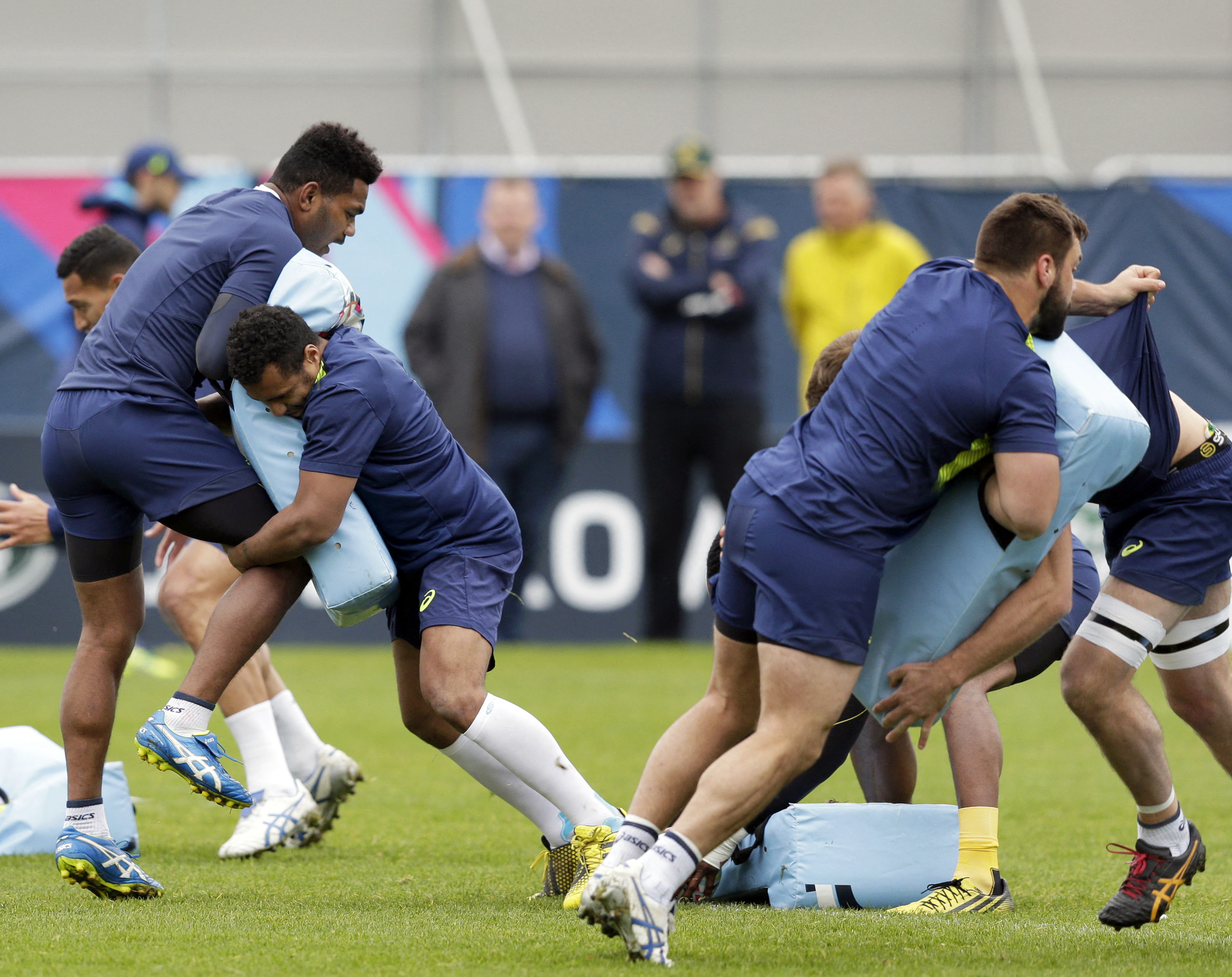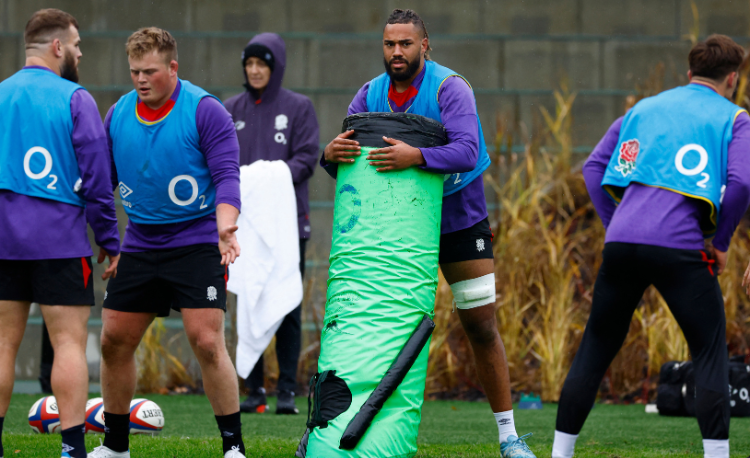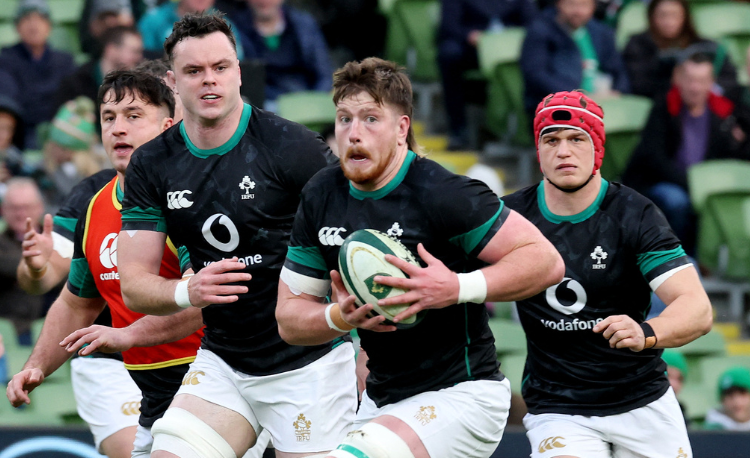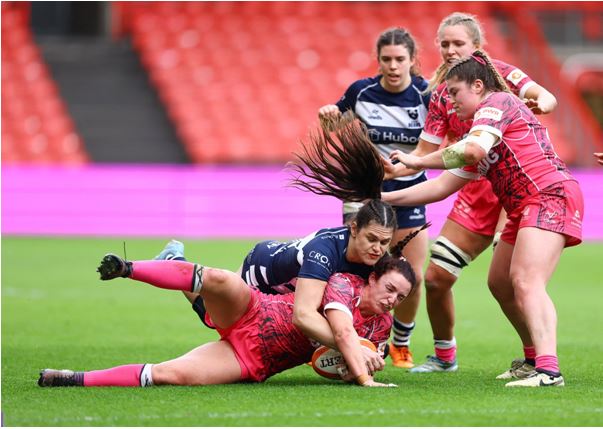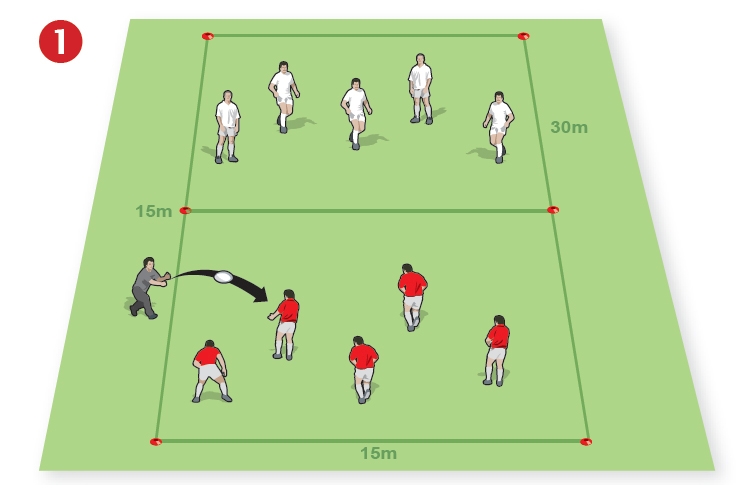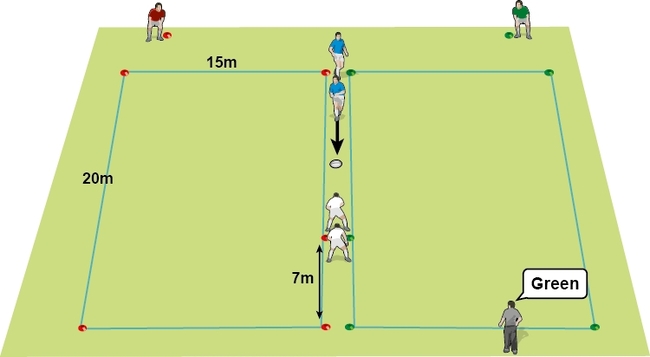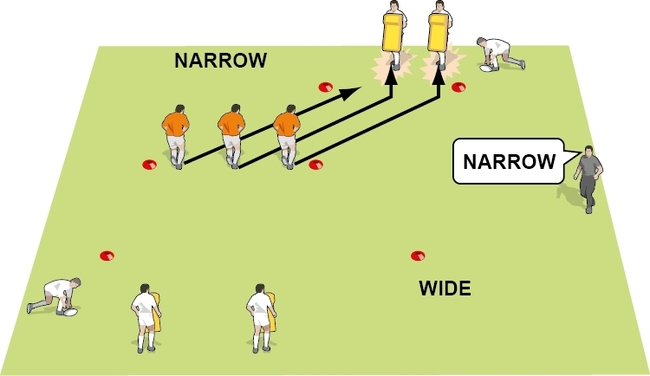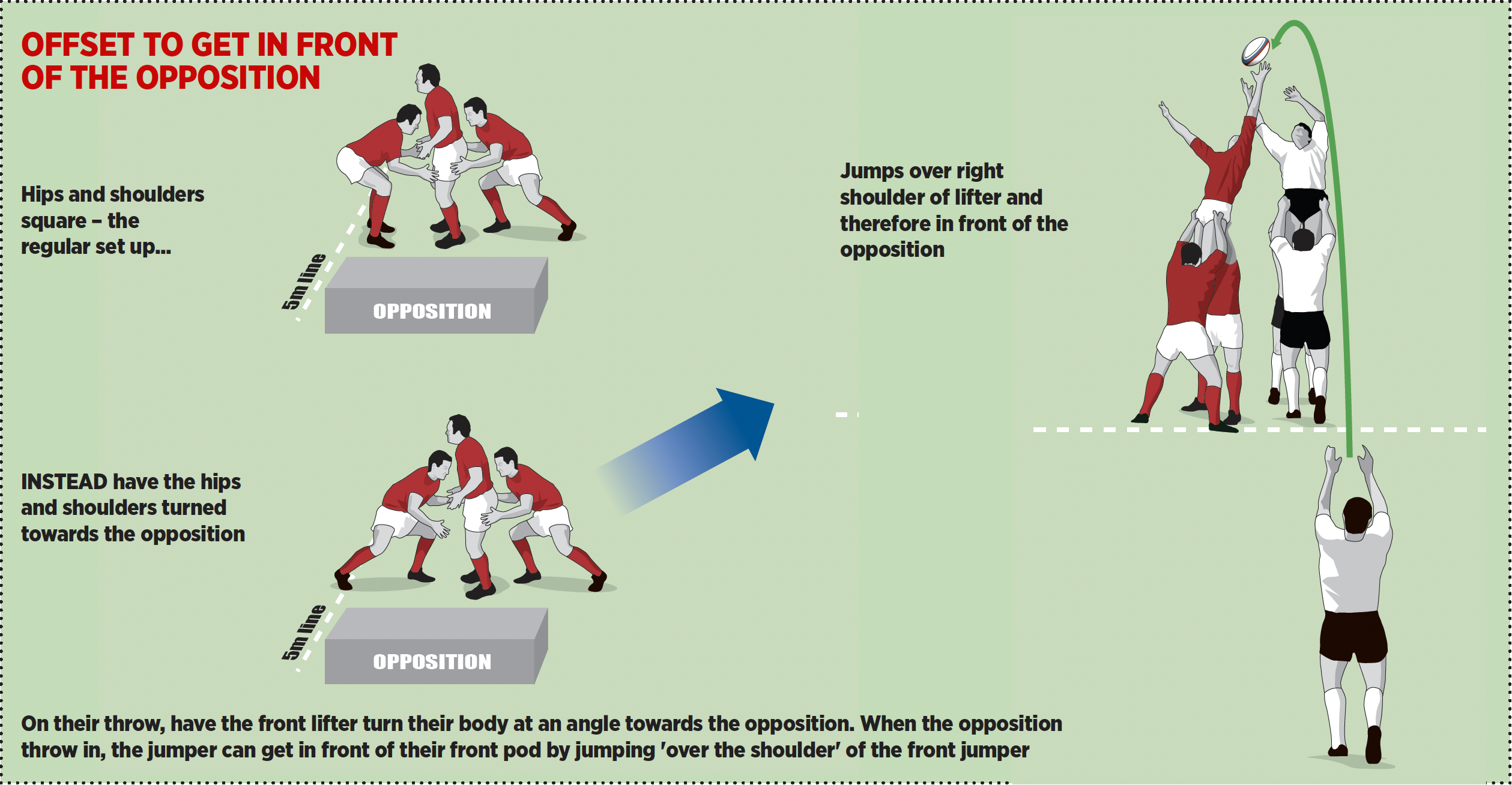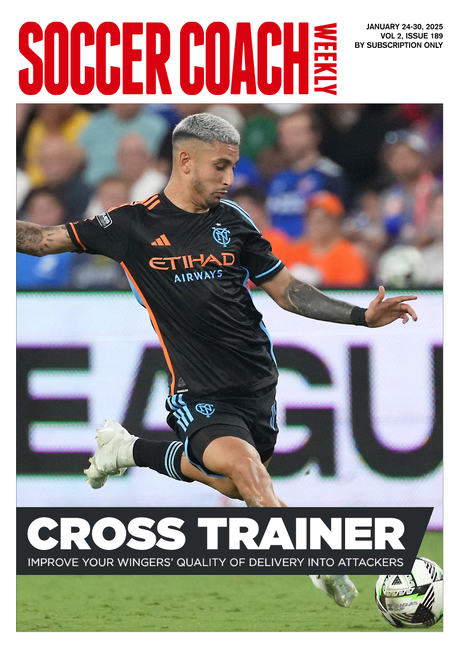Help put your parents in the right place – a better approach
Dr Camilla Knight and her research team at Swansea University have been looking into the ways that parents interact with their children in a supporting environment. Here’s how their findings can help you work more effectively with your parents.
Parents are too often seen as the problem not the solution. That’s the feeling of many coaches who perceive parental interference causing them, and by dint of association, their players unwanted aggravation.
According to more recent research, this is not the case. And it’s the players who are telling us this. The RFU, increasingly conscious of the welfare of their players, especially players on their elite pathways, have brought in the expertise of Dr Camilla Knight, who is an associate professor in Sport Science at Swansea University.
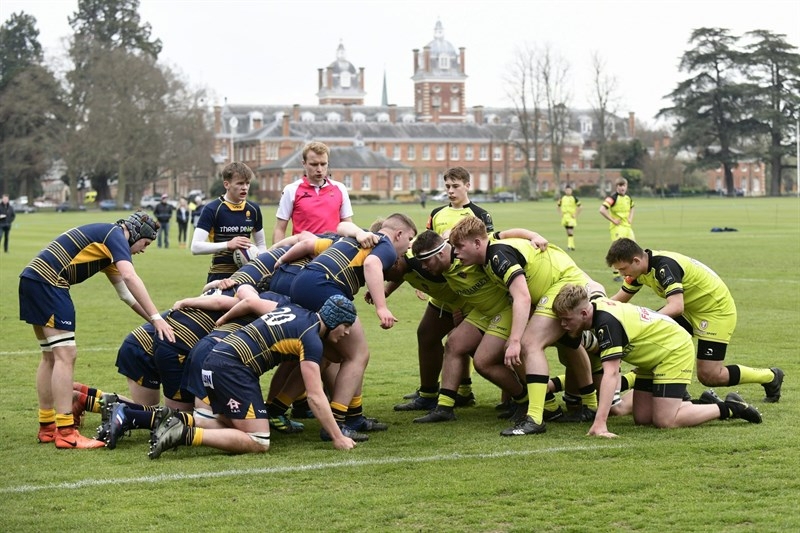
Her team has been given unprecedented access to the players, parents and coaches at the Wellington Festival over the last two years. The festival, which brings together around 420 players from 14 Premiership academies, is a goldmine for researchers. Their target dataset is all in one place and so they can gather an enormous amount of focused information.
Using informal settings, groups of players (and later on parents, coaches, teachers, and academy staff) were asked about their rugby journeys so far.
“It’s honest, and it’s relaxed because it’s in a group,” says Dr Knight. “The players were happy to open up and share stories. They talked about other parents’ behaviours too, which allowed them to perhaps relate personal experiences. It was all completely confidential. We wanted to find out who had helped them, and what might have derailed them.”
“There was so much data to work through. Our first focus was on discovering more about the parents’ role in the player’s rugby life. At the start, at a young age, the players relied on the parents very heavily. As the player realised they were had some potential, they began to listen more to their peers and coaches. However, crucially, the parents remained their main source of support.
“The players explained that they tended to ask dad for technical advice and mum for emotional support. It was certainly very gendered, and this is backed up by our research in Wales on parental involvement.
“When looking at parents' experiences of supporting their children in rugby, we also see other differences between mothers and fathers, with mothers indicating far more concerns about injuries, whereas fathers were often more likely to have played and so know about the collision outcomes.”
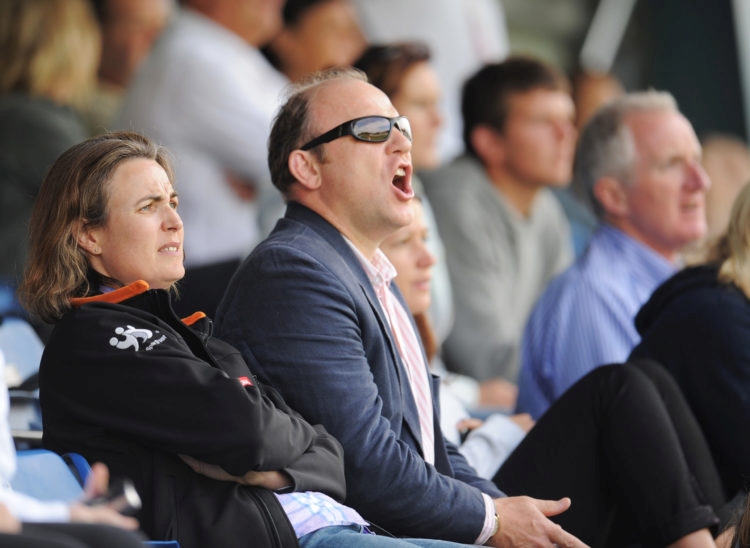
The key message that keeps coming across from this research, and this approach, is that all participants in the game need to keep conversations going. Each stakeholder has many pulls on their lives. It’s tough when a 16 year-old player is being asked to make choices over their playing loyalties.
In the meantime, the parent is looking out for their son or daughter, while the coach is hoping to develop the player.
“It was interesting that parents often helped players balance demands and expectations. The players liked the fact their parents were keen for them to do well. However, if the coach was too pushy, then the parent was able to reduce that pressure. As the player got older, they want their parents to be a little less vocal, probably as their peers and coaches do became more influential."
“We recognise that parents are trying to do the right thing. They will make mistakes, and not always know what to do. The players recognise this too. But understanding the intention is well meaning is important.
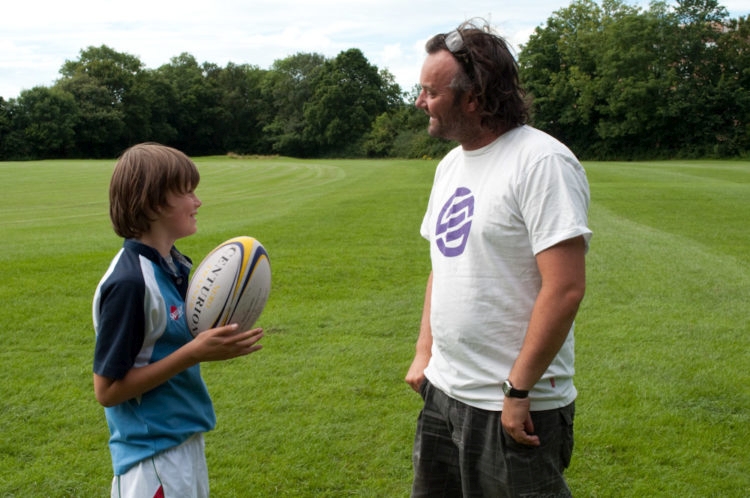
“Coaches must embrace parents. If they are giving out a message on say leadership to the players, then the parents need to know this so they can reinforce that message at home. Otherwise the impact is lost.
“Also, we should support parents with the difficult conversations that are going to arise. If they’ve considered the possible answers, it makes it easier to react positively to issues like being dropped or getting injured.”
While the RFU research has been around the academy game, Dr Knight highlights how it can be used across all levels. “We need to upskill parents with more information. Initially, it’s about the pathway. Then, it’s using the game to create "good" people. Let parents know what you are doing so it can be reinforced at home. Help parents know how to support their child’s emotional needs.”
Dr Knight emphasises that there is still an enormous amount of data to analyse on other relationships. However, from the point of view of coaches, the key takeaways are:
Knight, C. J.(2019). Revealing findings in youth sport parenting research. Kinesiology. [Accepted for publication on 24thJune 2019]
Knight, C. J.,Harwood, C. G., & Gould, D. (Eds), (2017). Sport Psychology for Young Athletes. Abingdon, Oxon: Routledge.
Knight, C. J.,Harwood, C. G., & Berrow, S. R. (2017). Parenting in Sport. Current Opinion in Psychology, 16,93-97
Holt, N. L., & Knight, C. J.(2014). Parenting in Youth Sport: From Research to Practice. Abingdon, Oxon: Routledge.
Harwood, C. G., Knight, C. J.,Thrower, S. N., & Berrow, S. R(2019). Advancing the study of parental involvement to optimise the psychosocial development and experiences of young athletes. Psychology of Sport and Exercise [published January 2019]
Elliott, S., Drummond, M., & Knight, C. J. (2018). The experiences of being a talented youth athlete: Lessons for parents. Journal of Applied Sport Psychology, 30, 437-455.
Burgess, N. S.,Knight, C. J.,& Mellalieu, S. D. (2016). Parental stress and coping in elite youth gymnastics: An interpretative phenomenological analysis. Qualitative Research in Sport, Exercise, and Health, 8,237-256.
Knight, C. J., Neely, K. C., & Holt, N. L. (2011). Parental involvement in team sports: How do athletes wants parents to behave? Journal of Applied Sport Psychology, 23, 76-92.
Knight, C. J., Boden, C. M., & Holt, N. L. (2010). Junior tennis players’ preferences for parental behaviors. Journal of Applied Sport Psychology, 22, 377-391.
The data referred to in this article is due to be submitted for publication in the upcoming months.
Parents are too often seen as the problem not the solution. That’s the feeling of many coaches who perceive parental interference causing them, and by dint of association, their players unwanted aggravation.
According to more recent research, this is not the case. And it’s the players who are telling us this. The RFU, increasingly conscious of the welfare of their players, especially players on their elite pathways, have brought in the expertise of Dr Camilla Knight, who is an associate professor in Sport Science at Swansea University.

Her team has been given unprecedented access to the players, parents and coaches at the Wellington Festival over the last two years. The festival, which brings together around 420 players from 14 Premiership academies, is a goldmine for researchers. Their target dataset is all in one place and so they can gather an enormous amount of focused information.
START WITH THE RUGBY JOURNEY
Using informal settings, groups of players (and later on parents, coaches, teachers, and academy staff) were asked about their rugby journeys so far.
“It’s honest, and it’s relaxed because it’s in a group,” says Dr Knight. “The players were happy to open up and share stories. They talked about other parents’ behaviours too, which allowed them to perhaps relate personal experiences. It was all completely confidential. We wanted to find out who had helped them, and what might have derailed them.”
“There was so much data to work through. Our first focus was on discovering more about the parents’ role in the player’s rugby life. At the start, at a young age, the players relied on the parents very heavily. As the player realised they were had some potential, they began to listen more to their peers and coaches. However, crucially, the parents remained their main source of support.
MUMS AND DADS - DIFFERENT CONVERSATIONS
“The players explained that they tended to ask dad for technical advice and mum for emotional support. It was certainly very gendered, and this is backed up by our research in Wales on parental involvement.
“When looking at parents' experiences of supporting their children in rugby, we also see other differences between mothers and fathers, with mothers indicating far more concerns about injuries, whereas fathers were often more likely to have played and so know about the collision outcomes.”

The key message that keeps coming across from this research, and this approach, is that all participants in the game need to keep conversations going. Each stakeholder has many pulls on their lives. It’s tough when a 16 year-old player is being asked to make choices over their playing loyalties.
In the meantime, the parent is looking out for their son or daughter, while the coach is hoping to develop the player.
“It was interesting that parents often helped players balance demands and expectations. The players liked the fact their parents were keen for them to do well. However, if the coach was too pushy, then the parent was able to reduce that pressure. As the player got older, they want their parents to be a little less vocal, probably as their peers and coaches do became more influential."
COACHES LEARNING MORE
“We recognise that parents are trying to do the right thing. They will make mistakes, and not always know what to do. The players recognise this too. But understanding the intention is well meaning is important.

“Coaches must embrace parents. If they are giving out a message on say leadership to the players, then the parents need to know this so they can reinforce that message at home. Otherwise the impact is lost.
“Also, we should support parents with the difficult conversations that are going to arise. If they’ve considered the possible answers, it makes it easier to react positively to issues like being dropped or getting injured.”
While the RFU research has been around the academy game, Dr Knight highlights how it can be used across all levels. “We need to upskill parents with more information. Initially, it’s about the pathway. Then, it’s using the game to create "good" people. Let parents know what you are doing so it can be reinforced at home. Help parents know how to support their child’s emotional needs.”
KEY TAKEAWAYS
Dr Knight emphasises that there is still an enormous amount of data to analyse on other relationships. However, from the point of view of coaches, the key takeaways are:
- Players rely heavily on parents. So, don’t push away a key part of the player’s support system.
- Parents want to do the right thing. Help them to see what they can do and support them in trying to do this.
- Communicate messages to the parents that you are giving to the players. It can then be reinforced at home.
REFERENCES
Knight, C. J.(2019). Revealing findings in youth sport parenting research. Kinesiology. [Accepted for publication on 24thJune 2019]
Knight, C. J.,Harwood, C. G., & Gould, D. (Eds), (2017). Sport Psychology for Young Athletes. Abingdon, Oxon: Routledge.
Knight, C. J.,Harwood, C. G., & Berrow, S. R. (2017). Parenting in Sport. Current Opinion in Psychology, 16,93-97
Holt, N. L., & Knight, C. J.(2014). Parenting in Youth Sport: From Research to Practice. Abingdon, Oxon: Routledge.
Harwood, C. G., Knight, C. J.,Thrower, S. N., & Berrow, S. R(2019). Advancing the study of parental involvement to optimise the psychosocial development and experiences of young athletes. Psychology of Sport and Exercise [published January 2019]
Elliott, S., Drummond, M., & Knight, C. J. (2018). The experiences of being a talented youth athlete: Lessons for parents. Journal of Applied Sport Psychology, 30, 437-455.
Burgess, N. S.,Knight, C. J.,& Mellalieu, S. D. (2016). Parental stress and coping in elite youth gymnastics: An interpretative phenomenological analysis. Qualitative Research in Sport, Exercise, and Health, 8,237-256.
Knight, C. J., Neely, K. C., & Holt, N. L. (2011). Parental involvement in team sports: How do athletes wants parents to behave? Journal of Applied Sport Psychology, 23, 76-92.
Knight, C. J., Boden, C. M., & Holt, N. L. (2010). Junior tennis players’ preferences for parental behaviors. Journal of Applied Sport Psychology, 22, 377-391.
The data referred to in this article is due to be submitted for publication in the upcoming months.
Newsletter Sign Up
Coaches Testimonials

Gerald Kearney, Downtown Las Vegas Soccer Club

Paul Butler, Florida, USA

Rick Shields, Springboro, USA

Tony Green, Pierrefonds Titans, Quebec, Canada
Subscribe Today
Be a more effective, more successful rugby coach
In a recent survey 89% of subscribers said Rugby Coach Weekly makes them more confident, 91% said Rugby Coach Weekly makes them a more effective coach and 93% said Rugby Coach Weekly makes them more inspired.
Get Weekly Inspiration
All the latest techniques and approaches
Rugby Coach Weekly offers proven and easy to use rugby drills, coaching sessions, practice plans, small-sided games, warm-ups, training tips and advice.
We've been at the cutting edge of rugby coaching since we launched in 2005, creating resources for the grassroots youth coach, following best practice from around the world and insights from the professional game.


